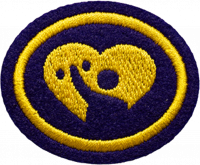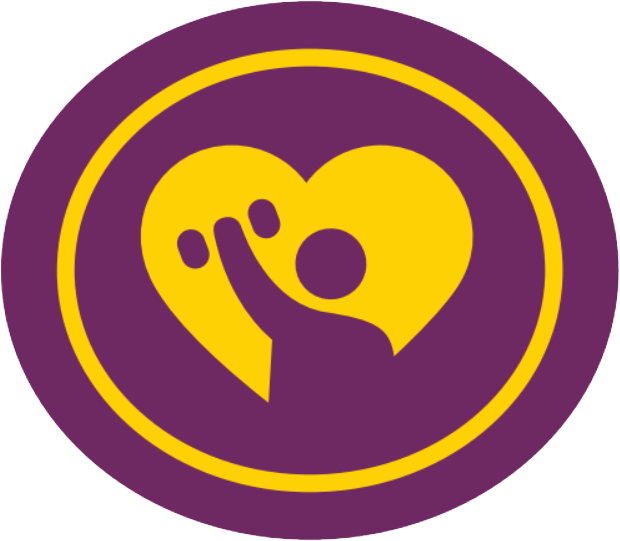AY Honor Personal Health and Wellness Requirements
Skill Level
2
Year
2024
Version
24.02.2026
Approval authority
North American Division
1. Explain or illustrate the difference between Wellness and Personal Health and the connection between them.
2. Select one of the following stories and discuss how they are still relevant to your personal health and wellbeing.
- Garden of Eden (Genesis 1:29)
- Daniel in Babylon (Daniel 1:8-16)
- Israel in the Desert (Leviticus 11 and Deuteronomy 14)
- Letter from Paul (2 Corinthians 7:1)
- Jesus and the Pharisees (Matthew 15:19-20)
3. Based on the following statements, brainstorm at least three examples of how your health can impact your ability to be a “servant of God and a friend to man”:
- Quote - “The Lord has appointed the youth to be His helping hand.” (Testimonies for the Church, Vol. 7, pg. 64)
- Pathfinder Pledge - “By the Grace of God, I will be pure, kind and true. I will keep the Pathfinder Law, I will be a servant of God and a friend to man.”
- Definition - “Health is a state of complete physical, mental and social well-being and not merely the absence of disease or infirmity.”
4. List the meaning of health principles in the acronym “NEWSTART.” Then, arrange these principles in the order of importance to you (1 being most important) and share or illustrate why you ranked them in that order.
5. Review and discuss Adventist Church Fundamental Belief #22 “Christian Behavior” (section about health). Name at least three things that stood out to you.
6. How do the following wellness themes affect your personal health?
- Fitness (aerobic and anaerobic)
- Healthy eating
- Healthy sleep patterns
- Having a positive mental outlook
- Spiritual community
For each of the categories, research what the healthy standards are for your age group. Evaluate yourself against these standards and choose at least one way to apply them to your lifestyle.
7. Select one of the following verses and share one thing that the Bible says about keeping the body healthy and using it to honor God:
- Matthew 6:22
- Romans 12:1
- 1 Corinthians 3:16-17
- 1 Corinthians 10:31
- Ephesians 2:10
8. Select two areas to research:
- Weight management (BMI, skinny obesity, eating issues)
- Metabolic illnesses (diabetes, stroke, heart disease, high cholesterol, etc.)
- Malnutrition
- Social isolation and lack of self-esteem
- Substance abuse (i.e., alcohol, vaping, recreational drugs, prescription medication, etc.)
- Life-altering sports injuries
Discover and present creatively the following:
- At least three statistics about each of your selections
- Three reasons why teens often are impacted by these health challenges
- Three sources of help for young people who are dealing with your selections
9. Different blood tests are used by medical professionals to determine baselines for your health. Do one the following:
- Interview a medical person about the types of blood tests young people often get when being assessed for their health. Make a list of the tests they tell you about and what they say each one of them could tell you about your own health. Ask them which ones would be most healthful in assessing personal health (why are they important?).
OR
- Research what types of blood tests young people often get when being assessed for their health. Create a display that shows each of the tests, their healthy ranges and why each is important in assessing personal health.
10. Discover and share creatively the following:
- a. Blood tests that are often required as a condition of employment
- b. Blood tests that are often required as a condition of entry into a country
- c. Whether there are blood tests required for your school or nearby educational institutions
11. Develop a game based on the answers you find to the following questions concerning blood:
- a. You’re cutting bread with a knife, and you cut yourself. What cells will help stop the bleeding?
- b. You have an earache and as a result you develop a fever. This means you probably have an infection. What cells will help fight the infection?
- c. You are climbing a high mountain where oxygen is scarce. What can help you increase oxygen flow to your body?
- d. You feel generally tired but can’t think of why that might be the case. What do you think the doctor will test you for?
- e. During cancer treatment these cells can be decreased due to radiation. In turn, this can reduce the body’s ability to fight infection. What are these cells called?
- f. It’s hot and sunny and you’ve been sweating a lot. You could start to get light-headed if you don’t do something about it. What is your body losing through the sweat?
- g. You stop at a convenience store and buy a soda and a shake. After you drink them, what level in your blood do you expect to increase?
- h. The doctor says that your lab blood results look good, including your blood’s cholesterol and triglyceride levels. This means that you are at low risk of what disease?
- i. Someone is experiencing dizziness, confusion, shakiness, sweating, even loss of consciousness. What blood level would you expect to be very low?
- j. You haven’t been drinking much water all day and your body is dehydrated. What two blood levels that help determine kidney health would you expect to increase?
12. Explain how each of the following metrics helps families/young people learn about their health and development. If possible, review your own growth chart or measure your BMI.
- a. Growth charts (typically for younger children)
- b. Body Mass Index – BMI (typically for youth 16 and older)


